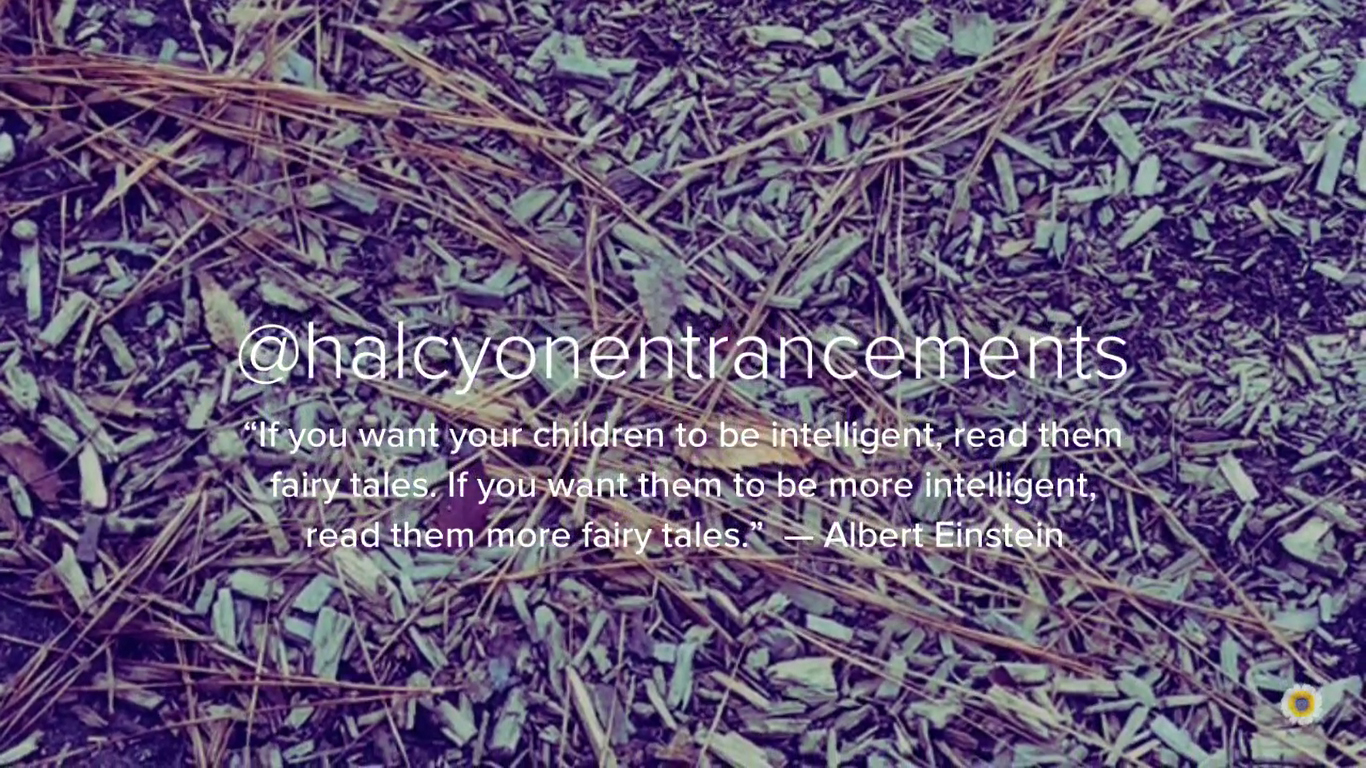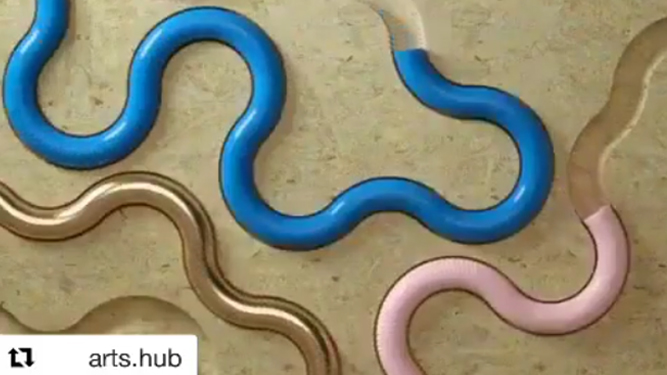“Welch’s mother is a professor of Renaissance studies at King’s College London who worried about her daughter skipping university to focus on her musical career, lamenting “what a waste of a brain!” Both the lyrics and the poetry in Useless Magic validate Welch’s choice, offering a chance to appreciate on the bare stage of the blank page the fineness of her words. And like fellow poet-musician Nick Cave (thanked for “inspiration and encouragement” here), Welch has found a way for the song and the voice of the rabbit-hearted girl to coexist. As she says herself: “you can have everything.”
Spoken word poet Saul Williams gathers to the ancient, formal ASMR research studies begin, and Koko the signing gorilla dies at 46
“According to Williams, however, the recent attention given to spoken word as a distinct genre within the arts is more a return to something that has deep and rich roots in our society: “The resurgence of poetry is cyclical and perpetual. It’s always engaged a new generation of youth who have brought it back to the forefront of culture and put new terms on it, whether it’s beat poetry, bebop poetry, slam poetry – there’s always been these resurgences. But it’s ancient.”
Doritos flavoring fools your senses into thinking they’re nutritious, rhythm perception may help stuttering, and cake icing videos to rest your mind
“We think we experience the aroma of food when we smell it, but it’s actually a bit more complex than that. When you bite into the food, the aroma goes into the back of your throat and through a small hole up into your nose. This is called retronasal olfaction, and is actually a more powerful form of smelling than normal smelling. This is what allows you to experience the richness and nuance of food.
Brain scans reveal the experience of flavor takes up more gray matter than any other sensory experience. Additionally, the largest portion of the human genome involves the creation of your nose. So, from an evolutionary perspective, this chemical-sensing ability appears to be particularly important.”
Read Them More Fairy Tales
If you want your children to be intelligent, read them fairy tales. If you want them to be more intelligent, read them more fairy tales. ― Albert Einstein





